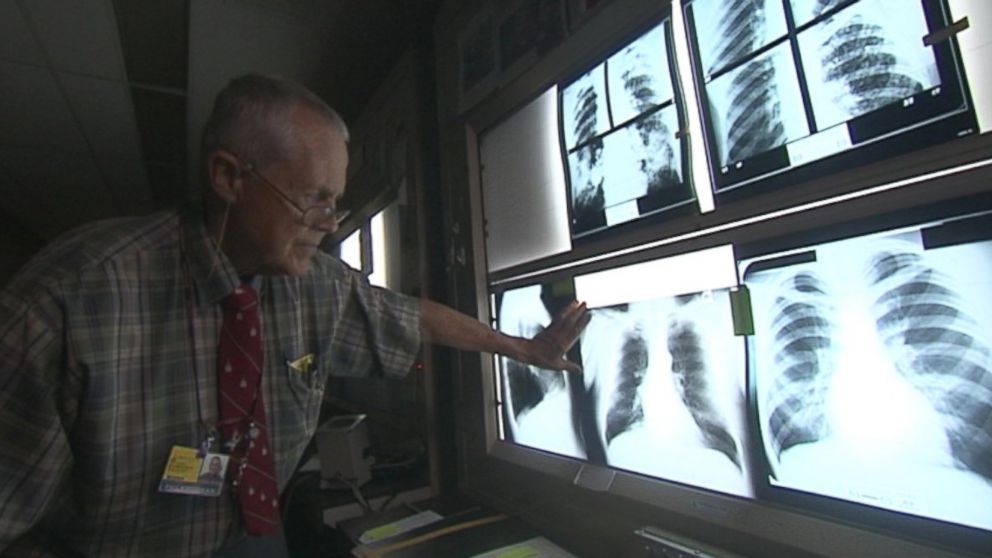Labor Officials Promise to Fix Program for Coal Miners With Black Lung
Dozens of miners can re-apply for black lung benefits.

— -- Federal labor officials told lawmakers today that they have notified dozens of coal workers they should re-apply for black lung benefits because their claims were denied in part based on medical reviews by a controversial Johns Hopkins physician.
Letters and calls to 83 miners in recent weeks were part of a raft of remedies lawmakers said would help “level the playing field” for miners suffering from black lung disease.
“Let me reassure you, the Department of Labor is committed to improving the effectiveness of these programs,” said Chris Lu, Deputy Secretary of Labor, at a Senate hearing convened to look at reforms to the government’s black lung benefit program.
The hearings and the Labor Department action came after troubling questions about the federal black lung program were raised in a year-long ABC News investigation with the Center for Public Integrity. The reports focused on the difficulties coal miners faced collecting benefits from coal companies that were intended to help miners and their families if they contracted the deadly and debilitating lung disease.
INTERACTIVE: The Untold Story of Big Money, Black Lung and Doctors for the Coal Companies
New Hope for Coal Miners Seeking Black Lung Benefits
Sen. Robert Casey said at the hearing that he was appalled to learn that sick miners were being turned down for those benefits based in part on the medical opinions of a leading Johns Hopkins doctor. He noted that the news reports demonstrated examples of miners who were denied benefits based on doctors’ conclusions that they did not have severe black lung, only to have autopsies prove – after their deaths – that they had the disease.
“I am pleased with the Department of Labor’s efforts to begin leveling the playing field for black lung claimants, but there is still more that needs to be done,” Casey said.
Labor officials said they would begin to address an enormous backlog of unresolved black lung cases – believed to be more than 14,000 of them – by adding more than $2.7 million to the program’s budget. Casey urged them to seek a $10 million increase in the next federal budget “to not only stop the backlog from growing, but to actually begin reducing the number of backlogged cases.”
Sen. Tom Harkin (D-Iowa) also attended the hearing, and described the pain he experienced watching coal miners, including his father, suffering from what then was only known as the “miners’ cough.”
“After years of hard, dirty work powering our country, the least we can do in return is make sure that we give the miners a fair shot at accessing earned benefits,” Harkin said in a prepared statement. “But that fair shot has been out of reach for many of those miners.”
The most significant moves described by Labor Department officials Tuesday involved actions they had taken to address the possibility that X-ray readings by Dr. Paul S. Wheeler of Johns Hopkins – who was hired by coal companies to read films in black lung cases -- had skewed hundreds of cases against the miners. The ABC News/CPI report found that Wheeler had not reported a single instance of severe black lung in the more than 1,500 claims that the news outlets reviewed going back to the year 2000. Labor department officials said they were unaware of Wheeler's record until the ABC News report was broadcast.
In court testimony in 2009, Wheeler said the last time he recalled finding a case of severe black lung, a finding that would automatically qualify a miner for benefits under a special federal program, was in "the 1970's or the early 80's."
Labor Department Solicitor Patricia Smith called those findings "shocking."




